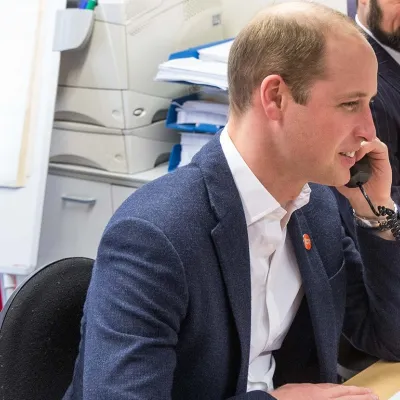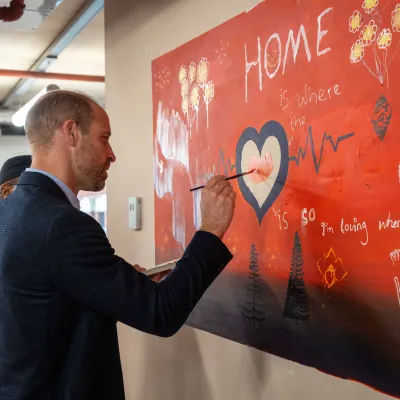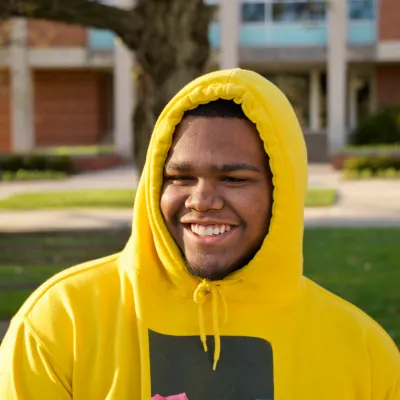As recipients of the lowest amount of Universal Credit, young people have been left struggling to make ends meet for decades. When the weekly £20 uplift is removed at the end of this month, many vulnerable young people will be forced to compromise between food, bills or rent – an impossible choice that will make it even harder for homeless young people to move forward with their lives.
What is Universal Credit?
Universal Credit is the benefits system if you’re out of work or on a low income. More than 5.5 million households across the UK claim Universal Credit – and numbers have risen since the start of the pandemic.
It was introduced in 2013 as a way to simplify welfare payments, combining six benefits and tax credits into one single monthly payment. Housing benefit, income-related Employment and Support Allowance (ESA), income-based Job Seekers Allowance (JSA), Child Tax Credit and Income Support are now received as a monthly lump sum rather than weekly.
The payment is made up of a basic ‘standard allowance’ and extra payments that may apply to you depending on your circumstances. You could be entitled to extra payments if:
- You look after one child or more
- You need help with housing costs
- You work and pay for childcare
- You are disabled or have a health condition
- You are a carer for a disabled person or have a disabled child
Most Universal Credit claimants use the benefit to cover rent – but this can get complicated, and historically UC has been criticised by experts and claimants alike. You can get to grips with Universal Credit and its complicated backstory with our article, Everything You Need to Know About Universal Credit.
Why is it in the news?
Last year, the government introduced an increase of £20 a week to support Universal Credit claimants throughout the pandemic.
The weekly uplift is set to be scrapped from October – and millions of claimants across the UK will see a huge shortfall in their monthly income. Policy and research experts across multiple organisations are concerned that the reduced payment will exacerbate a number of issues; increased debt levels, escalated mental health issues and increased food poverty are just a few of the issues that this decision will potentially create.
Balbir Chatrik, Director of Policy and Communications at Centrepoint, said: “To go ahead with the planned cut to Universal Credit would be a devastating blow to thousands of vulnerable young people.
“The £20-a-week uplift has been a lifeline for many throughout the pandemic, especially young people facing huge levels of youth unemployment and homelessness while relying on the benefits system. Taking this away could leave many choosing between bills and putting food on their tables. This isn’t a choice a young person – nor any person – should have to make.
“We strongly urge the government to reverse its decision, and to look carefully at how it can better support the many young people that continue to be affected by homelessness and rely on the benefits system.”
How does this affect young people?
Currently, young people under 25 receive the lowest benefit entitlements of any age group, and have taken the brunt of decades of welfare reforms limiting their entitlements to living and housing costs.
Based on data from 153 young people being supported by homelessness organisations across England who are receiving Universal Credit, new Centrepoint research highlights how the removal of the uplift will impact on young people if it goes ahead. The cut would mean losing more than a quarter of their disposable income overnight.
This means it will be that much harder to buy household essentials and, crucially, food. For Morgan, 23, who has depended on Universal Credit since he began sofa surfing in Leeds and Bradford, a £20 weekly drop in the payment is “literally like taking food off my table.”
And the cut has wider repercussions on a young person’s life beyond buying everyday necessities – it’s a sure-fire way to limit their access to work, education or training. Zahra, 21, who lives in West Yorkshire and has previously been supported by Centrepoint, will have just less than half of her monthly income of £180 cut when the uplift comes to an end. “£20 may not be much for people who are working full time,” she said. “But for young people who are unable to get a job and don’t have enough to pay all their bills and buy groceries, we’re really stressed about it.”
What can we do about it?
This week, Centrepoint sent an open letter signed by multiple homelessness organisations to Chancellor Rishi Sunak, calling for the £20 weekly uplift to be made permanent as part of the campaign to ‘Keep the Lifeline’. If you feel that cancelling the uplift will negatively impact young people too, you can join us: support our message by sharing the letter, and tweet Rishi Sunak using our handy template, to help voice the impact of scrapping the Universal Credit uplift.






